NAPLES
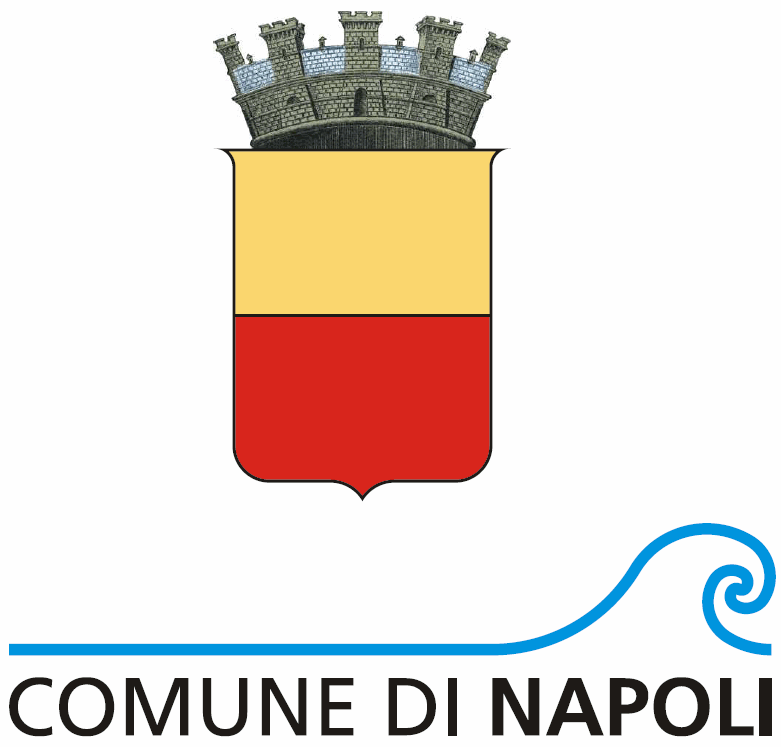
Naples is the capital city of the Campania Region and Province of Naples. It’s one of the largest cities in Italy. Covering an area of over 1,000km², its densely populated metropolitan area of around 4 million people sprawls along the Mediterranean coast and up the surrounding mountains. Naples is the third biggest city in Italy after Milan and Rome. It is a major terminal for cargo vessels as well as for tourism ships: its port is one of the most important in the Mediterranean Sea.
The background
In the last decades, the City of Naples has addressed several urban planning initiatives to limit urban sprawl and invest in the reuse of the existing historical city center heritage (UNESCO site from 1995). In particular, the administration has been experimenting with new legal tools to get back in use abandoned and/or deprived buildings, turning conflictual actions of occupation and bottom-up rule-creation into an opportunity.
1. The starting point
Since 2012, Naples has been experimenting a new governance model to get abandoned or deprived buildings back in use, therefore subtracted to the use of inhabitants. The policy plan contemplates the “Civic use”.
This legal tool was theorized from the grassroots, claimed by commons activists that revisited the ancient Italian legal institution of “civic use”, and encourages the ability of citizens to find innovative solutions for the reuse of public assets.
The main challenges faced an intense work of institutional innovators on the sustainability scheme, alongside networking with long term investors at the urban or national level were needed. Further obstacles to overcome were aversion and isolation within city bureaucracy.
2. Transfer journey
The local activities aim to improve the URBACT Good Practice of the City of Naples, strengthening the public-community governance approach adopted by the municipality to guarantee the collective enjoyment and management of urban commons.
- Communication/ Participation/construction of the network: the project aimed at strengthening the communication means of the urban commons of Naples (i.e. through the realization of a website) and developing shared contents to present the different commons as a unique network, both at local level and abroad.
- Co-design/ self-construction /self-recovery: strengthen the local capacity (both administrative and of the local communities) in finding solutions to the physical deterioration of the urban commons- many of which belong to the cultural heritage of the city- that are compatible with the collective management and civic uses and also include the possibility of self-construction interventions by the “community of inhabitants” themselves.
- Coordinate and provide social criteria: for the transfer of spaces and the management of municipal services to community projects promoted by non-profit entities in the city.
The URBACT Local Group was composed by 73 participants, belonging to:
- the Urban Commons network
- political departments
- technical services
- the Permanent Observatory on the Urban Commons of the City of Naples
3. Transfer Journey time-line
The following section is dedicated to the main phases of the transfer journey.

June 2020 – May 2021
A permanent technical table on co-design and implementation of extraordinary interventions on the urban commons is established. This has the aim to identify procedures for maintenance and ordinary management of the urban commons. To do so, procedural innovations-guidelines relating to self-recovery and self-construction interventions for the urban commons are drafted. To communicate the project, a shared website of the Urban Commons network of Naples was created to introduce the urban commons network. Declaration of civic uses for non-experts. Self-financing: capacity building on solidarity fundraising. Capacity building on mutualism, cooperation and relational modalities for co-design.
[INSERT BUTTON: DOWNLOAD THE OFFICIAL TRANSFER DIARIES]
June 2019 – May 2020
URBACT Local Group (ULG) at work! During this phase co-design of the objectives and actions were realized in order to improve and strengthen the experience of the urban commons’ network in Naples. More than 12 meetings (monthly meetings) of the ULG took place in this phase, where proposals and activities were put on the table, discussed and finally discarded or developed. The results of the co-design phase have been summarized within the “Local Action Plan for the consolidation of the urban commons of Naples”.
December 2018 – May 2019
This was the starting point of the journey and it involved one-to-one or intra-institutional meetings with different councils, departments and services of the Municipality of Naples and, at the same time, first contact with key stakeholders. These meetings had the objectives to define the strategy of the local administration -shared among different councils, departments and services- in relation to the urban commons in Naples and to have a first contact with key stakeholders and to enlarge the participation to other local actors to be involved.
4. Transfer outcomes
Immediate changes were soon detected from Naples’ experience with Civic eState. The city has seen a shift with the ULGs and cooperative communities during Civic eState towards improved communication and organization among these communities. Furthermore, their independence has been strengthened.
Over the two years span, working on the Civic eState Project, the focus on further developing the community balance tool has been a way to demonstrate the value of public-community partnerships and encourage economic sustainability. This also ensures that no political leader or bureaucrat in the future will question the importance of their role in delivering service and managing assets of the city.
5. TRANSFER JOURNEY MAPPING
Co-Gov
From Strong to Strong+
Enabling state
From Strong to Strong+
Soc&econ pooling
From Moderate to Strong
Experimentalism
From Strong to Strong+
Tech Justice
From Weak to Moderate

From Strong to Strong+
Co-Gov
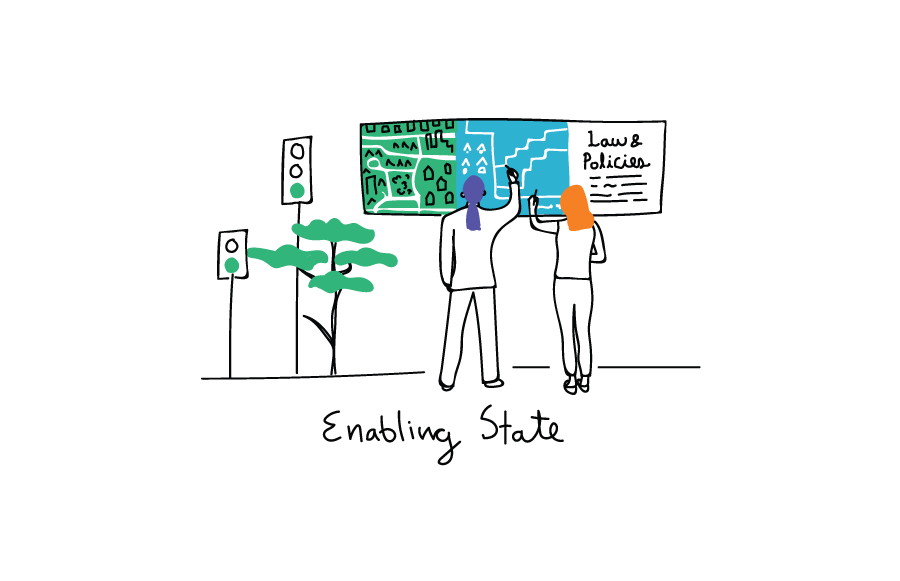
From Strong to Strong+
Enabling State
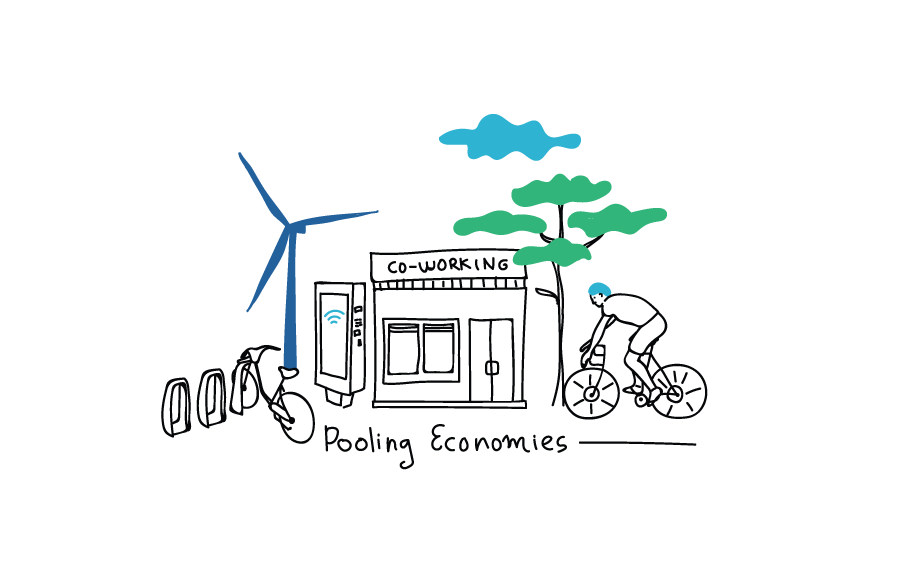
From Moderate to Strong
Soc&econ Pooling
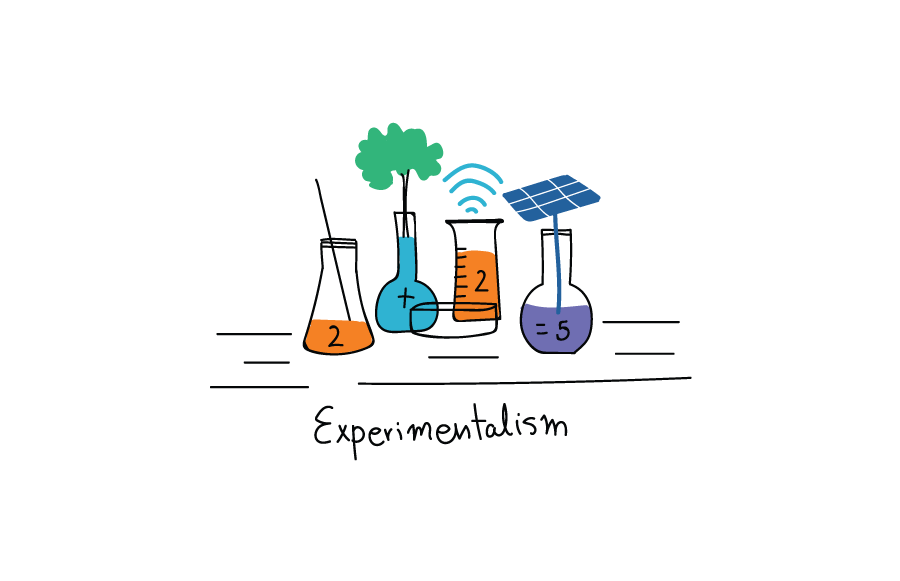
From Strong to Strong+
Experimentalism
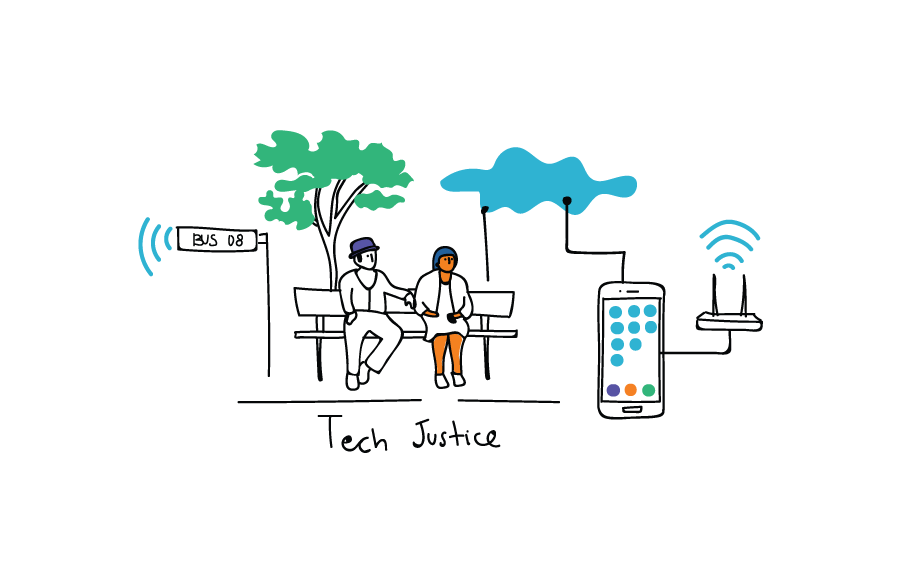
From Weak to Moderate
Tech Justice

From Strong to Strong+
Co-Gov

From Strong to Strong+
Enabling State

From Moderate to Strong
Soc&econ Pooling

From Strong to Strong+
Experimentalism

From Weak to Moderate
Tech Justice
Co-Gov
From Strong to Strong+
Enabling state
From Strong to Strong+
Soc&econ pooling
From Moderate to Strong
Experimentalism
From Strong to Strong+
Tech Justice
From Weak to Moderate
Do you what to know more about Naples?
Read all the details of the journey with the city of Naples.
